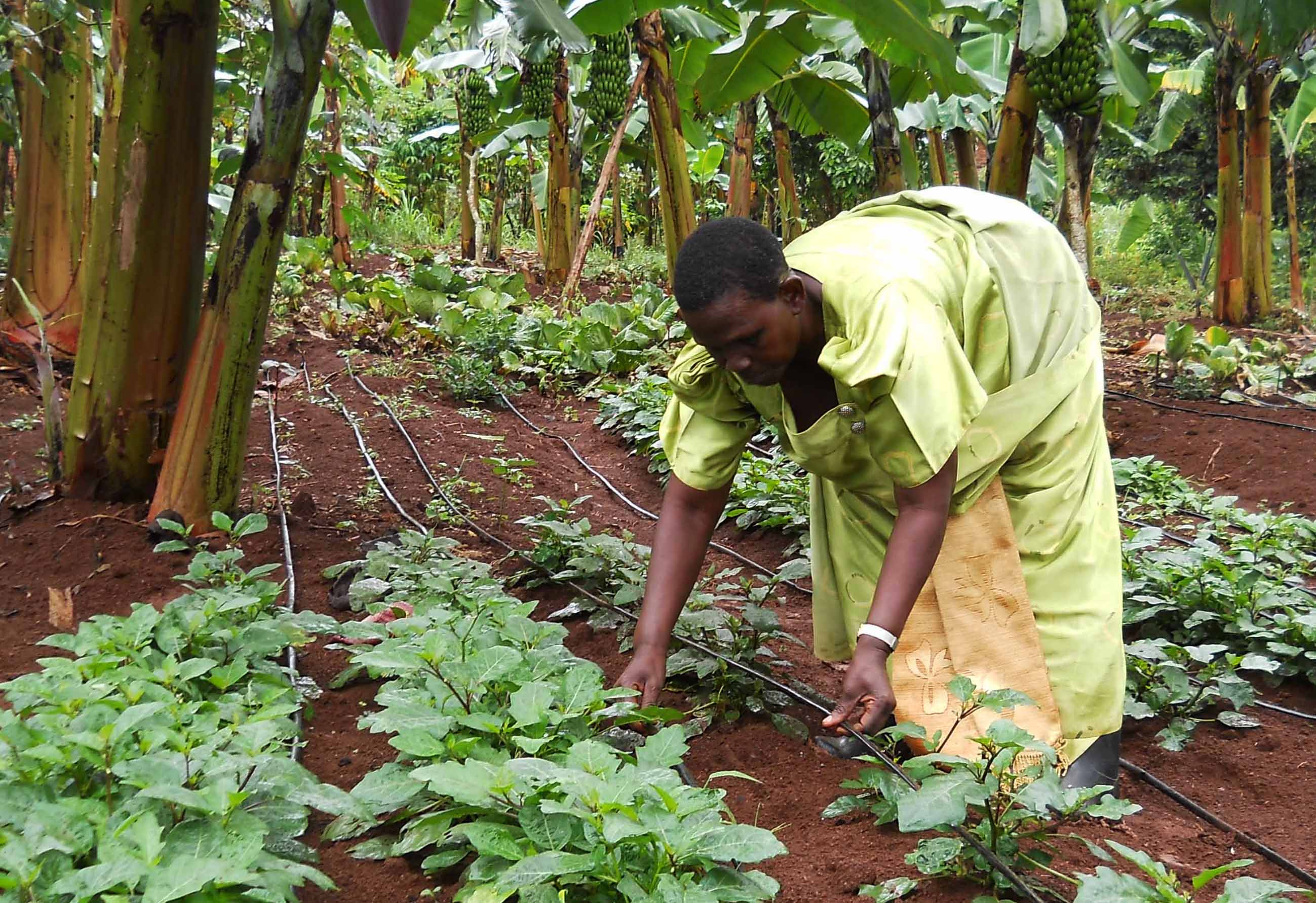Housing threatens food security in Mbarara

Residential houses under construction in Ruharo on Mbarara Bypass, North Division. PHOTO/RAJAB MUKOMBOZI
What you need to know:
- The city population has more than doubled to about 300,000 people in the last decade.
Authorities in Mbarara City have raised concern over looming food insecurity in the area due to a reduction in farmland.
This comes on the backdrop of a growing population in the city that has increased demand for land for accommodation and commercial space.
According to Mr Robert Mugabe Kakyebezi, the city mayor, the population is now between 400,000 and 500,000 during the day and 300,000 at night.
This population has grown from 195,013 people, according to the National Population and Housing Census 2014.
The real estate business in Mbarara is rapidly growing as land is being subdivided to cater to residential and commercial spaces at the expense of food production.
For instance, Amity Realtors, a real estate company, has sold more than 6,000 plots and 60 estates in the city since January 2020.
“There is an increasing demand for housing, people are coming to the city in big numbers, but the central business area cannot cater to the growing population in terms of housing. That is why the environs that used to be farmlands are being turned into residential and commercial areas,” Mr Herbert Tushabe, the company director, said in an interview at the weekend..
Prof Alex Ariho, the executive director of Excel Hort Consult, an agribusiness incubation hub in Biharwe, Mbarara City, urged authorities to plan for an influx of people searching for opportunities and better living standards.
“A city that is not food secure is not safe, there is shrinking farmland because of rapid urban growth, and the labour force in the rural areas is greatly affected by rural-urban migration. So, the option to make city food secure is to invest in urban farming both in the city and the periphery areas, but also other interventions like investing in food chain stores,” Prof Ariho said.
He said growing food in urban areas can avert food insecurity.
“The time is now for authorities to come up with interventions that can allow residents to grow food and stop depending on rural areas,” he added.
Mr Andrew Asiimwe, an agricultural extension officer with Mbarara District, said the cost of food will be expensive shortly because it will be collected from distant rural areas.
“Getting food from areas out of Mbarara City will mean additional expense in terms of transport and the cost burden will be pushed to the urban dwellers who are already struggling with lack of jobs,” he said.




